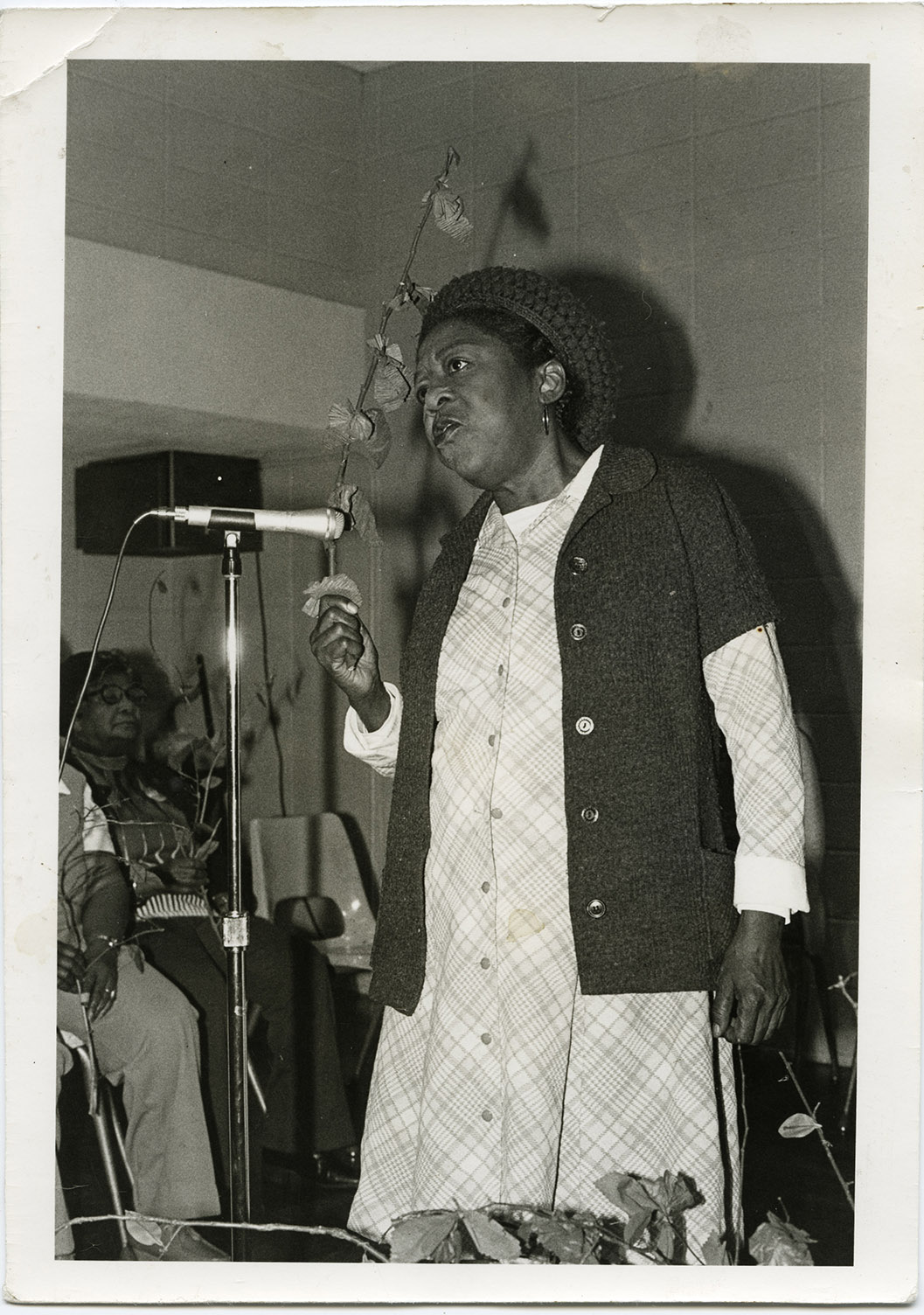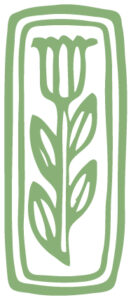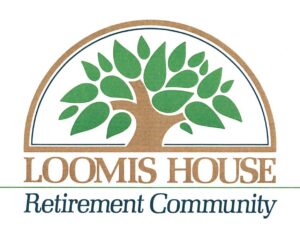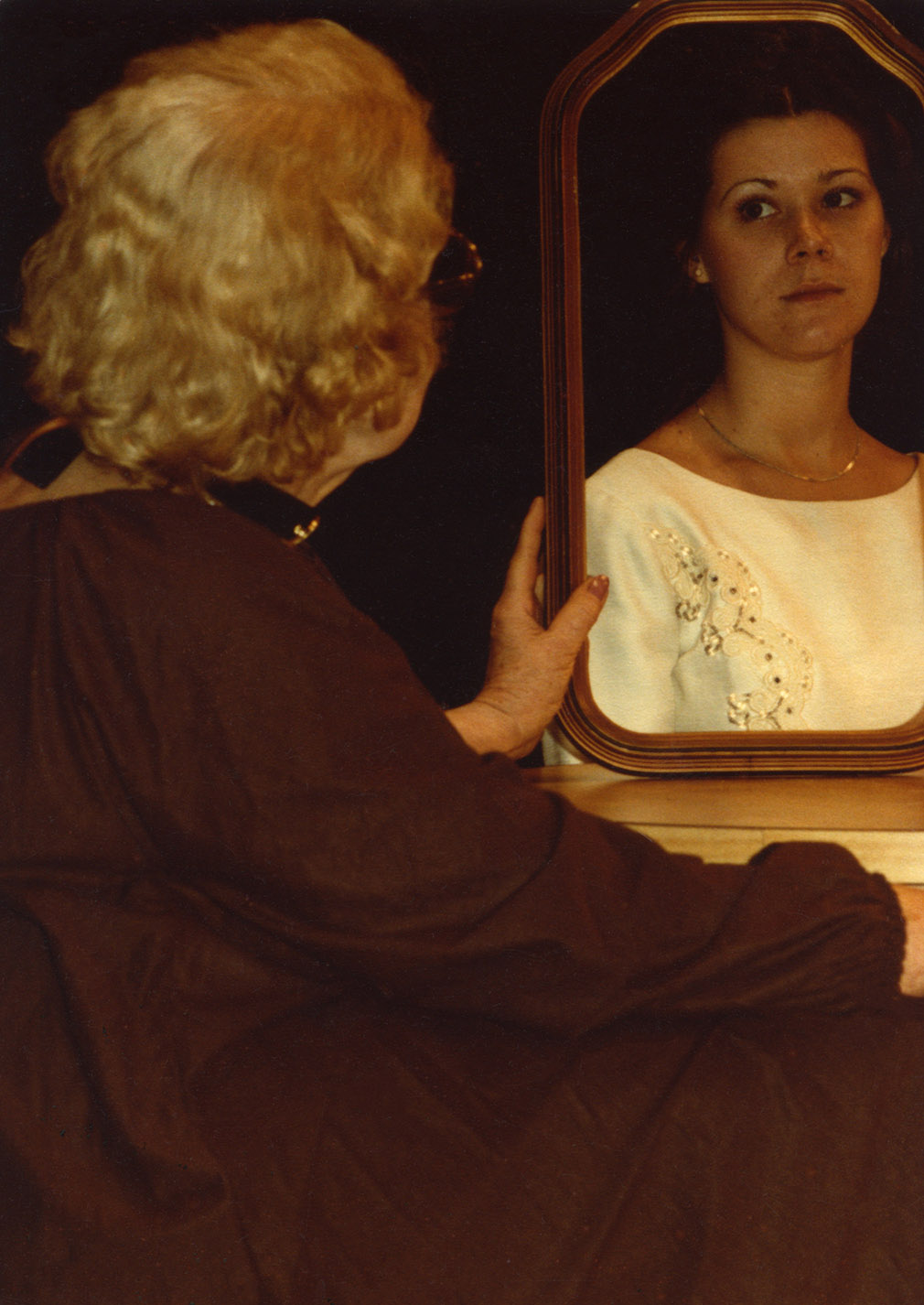Gene D. Cohen Papers
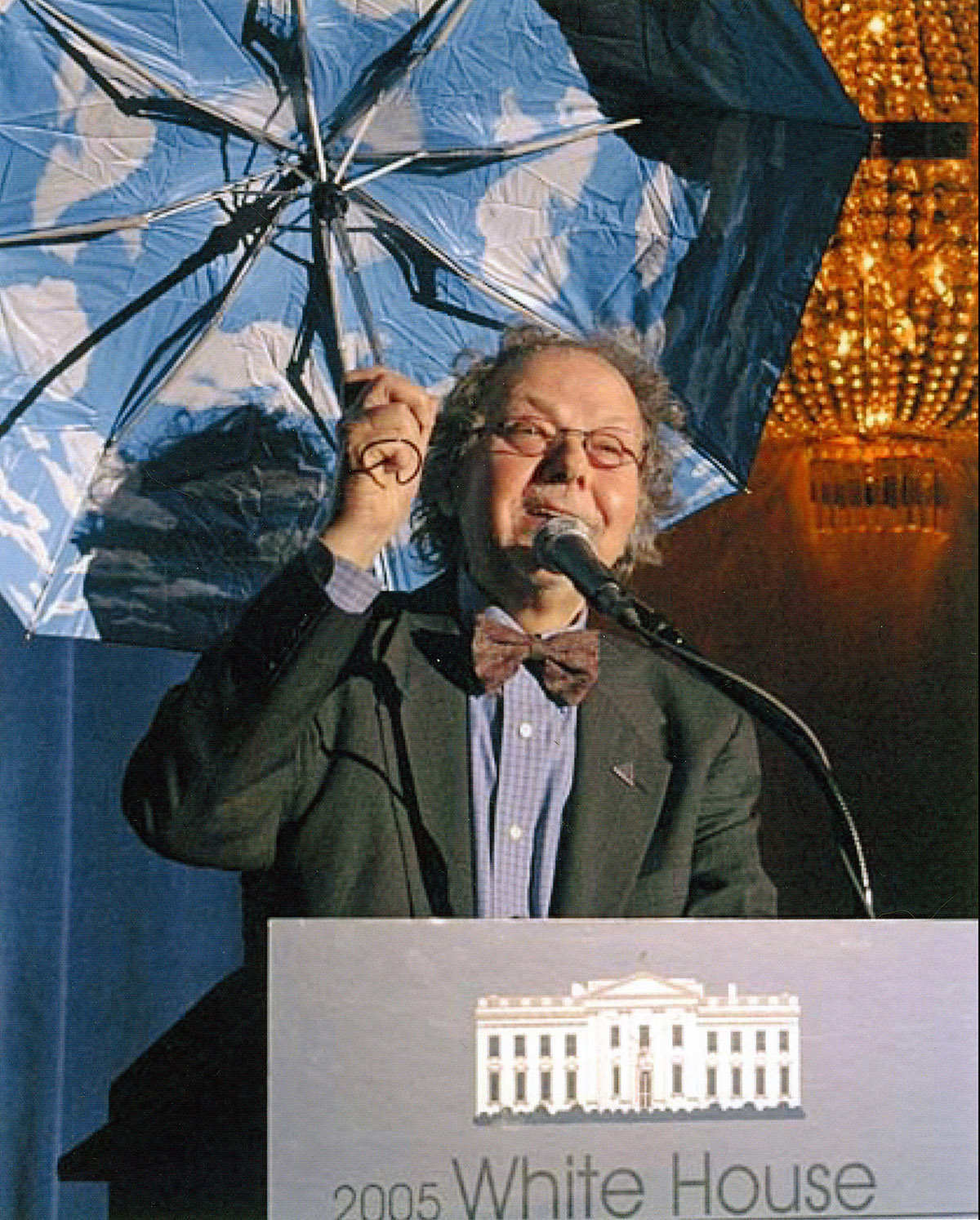
A pioneer in geriatric psychiatry with a polymathic imagination, Gene D. Cohen was born in Brockton, Mass., in 1944, and educated at Harvard, Georgetown University School of Medicine (1970), and the Union Institute (PhD, Gerontology). Cohen began his career with the U.S. Public Health Service out of medical school, and from the outset, set a novel course in his research, becoming one of the first psychiatrists to specialize in study of the impact of aging on the brain and Alzheimer’s disease. Recognized for administrative prowess as well as the originality of his scholarship, he was selected as the first chief of the Center on Aging at the National Institute of Mental Health (1975-1988), and went on to leadership positions at the National Institute on Aging (NIH) and in the profession more generally. In 1994, he left government employment to found the Center on Aging, Health, and Humanities at George Washington University. The impact of Cohen’s research was felt widely and catalyzed a change in the field from viewing aging as a disease to recognizing the creative potential of the older mind. His demonstration of the health benefits to older people of engagement in the arts made him one of the intellectual architects of the field of Creative Aging. The author of more than 150 articles and monographs, he earned numerous awards for his work, including the highest award bestowed by the U.S. Public Health Service, the Distinguished Service Medal. Cohen died of metastatic prostate cancer at the age of 65 in Nov. 2009, leaving his wife, Wendy Miller, two children, and four grandchildren.
A significant collection for study of the growth of geriatric psychiatry and the field of creative aging, the collection includes materials from throughout Gene Cohen’s pathbreaking career. The collection offers insight into the development of gerontological research particularly during Cohen’s years at the NIMH and NIH. In addition to an extensive set of publications by and about Cohen, the collection includes background materials for Cohen’s books The Creative Age, The Mature Mind, and Sky Above Clouds, and a significant corpus relating to some of his major research projects. Finally, the collection includes a selection of videotapes of interviews with Cohen, including several presentations and talks.


